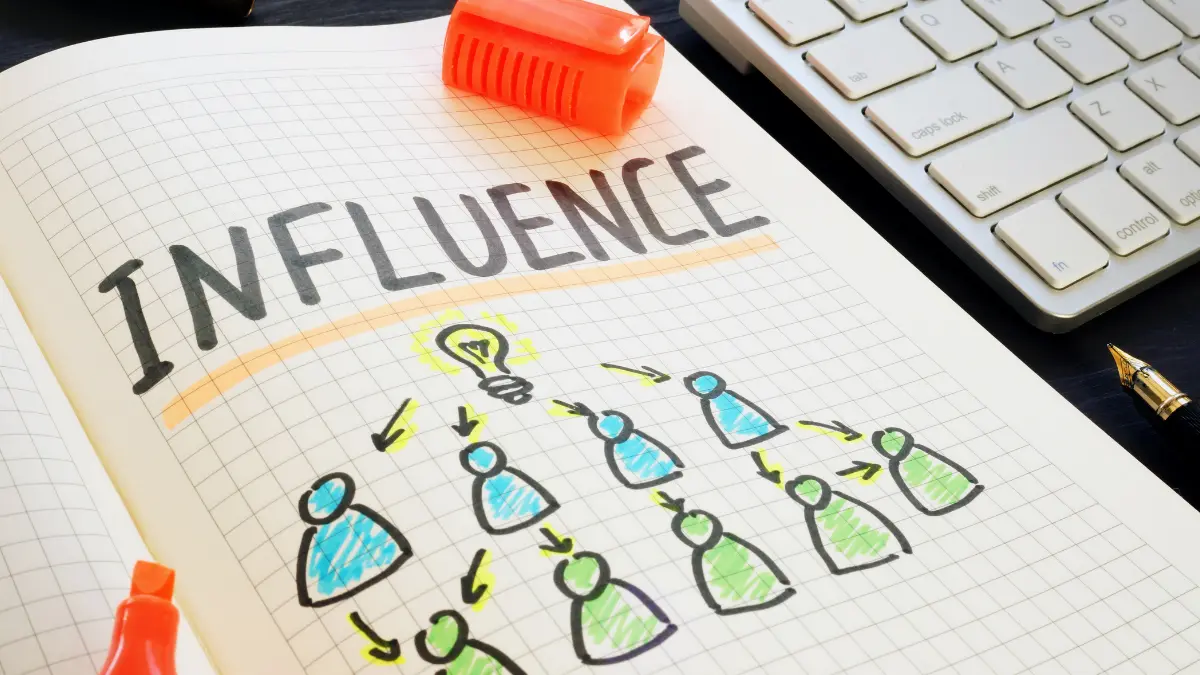Building a Thoughtful Return-to-Work Plan: Takeaways from COVID-19 Expert Dr. Marty Makary

As employers navigate the COVID-19 pandemic, health policy expert (and Nava Benefits Chief Medical Advisor) offers science-backed guidance and recommendations on keeping your employees safe — from vaccination, to return-to-office, to masks and other precautions.

Looking for more guidance on navigating COVID-19 in the workplace? Check out our blog for expert insights from Dr. Makary and others.
With vaccine rollout on the fast track and a potential return to normalcy on the horizon, many employers are feeling increasingly optimistic about the future of in-person work.
Keeping the health and safety of your employees top of mind, we know you want a thoughtful return-to-office plan that's backed by science. So we've turned to the experts for guidance.
As the editor-in-chief of Medpage, one of the premier journals that thousands of doctors turn to for clinical updates, Dr. Marty Makary serves on the front line of medical news. He's tracked the spread of COVID-19 from the very beginning — from corresponding with international doctors to sharing his recommendations at a corporate, state, and federal level.
We invited Dr. Makary — who also serves as our Chief Medical Advisor — to answer HR leaders' questions on how they can best navigate their companies towards a post-pandemic, in-person workplace.
Read on for key takeaways and advice for building a responsible, science-backed return-to-office plan.
When can we expect to safely reopen the office?
As long as vaccination rates continue on their current trajectory, it's possible that you can expect to safely return to your office this summer at the earliest. By that time, we expect that about half the population will be fully immunized.
But before you call the "all clear" for your office to reopen, here are two key caveats to consider:
- You'll want to track the vaccination, case count, and hospitalization metrics for your local region/state, and plan your reopening timeline accordingly. Remember that this can change day-by-day, so don't shy away from pushing the dates back if needed.
- Regardless of the precautions you take to create a safe office environment, some of your employees may not necessarily feel comfortable coming back to work — and that's understandable. It may be worth considering additional communications and flexibility when asking folks to come back.
How should we communicate to our employees about COVID-19 vaccines?
They're safe (for context, they're about 50,000 times safer than getting COVID-19), they're effective, and they're a critical weapon in our fight against the pandemic.
"It may be one of the safest things we've ever developed in medicine, the mRNA Pfizer or Moderna vaccine," Dr. Makary weighed in.
Still, it's important to remember that immunity doesn't happen overnight. So don't plan on going to any packed events the day you get your shot. To be safe, plan to wait approximately 10-14 days before resuming higher-risk activities.
Should we require vaccine documentation?
This should be a moot point once the country achieves herd immunity through vaccinations, which Dr. Makary expects should happen by June. (Still, keep in mind that herd immunity doesn't signal the end of any virus transmission, but rather a significant reduction in positive testing rate.)
But in the meantime, private organizations should soon have the option to loosen existing restrictions for those who have demonstrated proof of immunity.
However, enforcing a "vaccine passport" policy may be a challenge. Many are not planning on getting the vaccine, for various health or personal reasons. Implementing this kind of limitation may leave these folks out of key office events, and may impact their productivity and morale.
Plus, although the vaccine has proven to be effective against contracting or spreading the virus, it may not be the only way to achieve immunity. There's still a lot we don't know about antibodies, but Dr. Makary thinks they may likely cause immunity.
With this in mind, your employer may want to think about making special considerations for those with natural immunity, as well as those who will not (or cannot) receive the vaccine.
For a less complicated option, your office can still choose to adopt a range of precautions for all employees regardless of vaccine status.
Should we be concerned about COVID-19 variants?
There's been a lot of talk about whether the vaccine will be effective against any virus variants that may emerge in the future.
Here's some good news — according to Dr. Makary, there's no need for major concern. Based on what we know now, the vaccine looks to be effective across all known variants.
"Every single virus mutates constantly," Dr. Makary explained. "So we have, fundamentally, one COVID-19 coronavirus, with many subtypes, and that one type of COVID-19 coronavirus is encompassed by the vaccine.”
On the chance that a variant demonstrates that it can evade the protection offered by our line-up of vaccines, this guidance would change.
Should our employees continue wearing masks?
For now, continue to wear masks, even if you or your employees are vaccinated. Until we get to lower rate of infection, maintaining a consistent policy of mask-wearing indoors (even for those who have been fully immunized) is the simplest way to create a safe and consistent working environment for your employees.
Although enforcing a blanket mask-wearing policy may sound challenging, Dr. Makary emphasized that it continues to be an essential tool to manage risk. "As someone who has advised a number of businesses, business leaders say it's too hard to enforce a partial, selective masking policy... So until we get down to a lower rate of infection, we're asking everybody to continue wearing your masks a little bit longer, even if you've been immunized."
Are handshakes still off the table?
Once background infections levels are low — hopefully this summer — we can expect to get back to handshaking... but let's stick to elbow bumps in the meantime.
Is work travel safe?
Unfortunately, when it comes to the question of safety around travel, there is no right answer.
Everyone has their own personal risk profile, which is why there's no universal recommendation for this. Just because your employees are likely to be safe when traveling doesn't mean they will feel safe.
Once fully immunized, you and your employees can feel comfortable traveling as long as you're taking the necessary precautions. Still, it may be worth giving your teams the flexibility to make their own travel decisions for the time being.
What precautions should we take in office configuration?
Again, contingent on national vaccination and case rates, we can expect to get back to a (mostly) normal working environment this summer.
As you think about your physical office setup, you can prioritize eliminating the following in stages over time: deep cleaning, then social distancing, then plexiglass dividers, and lastly, masking.
How else can we support our employees through this transition?
An important takeaway: your employees are likely looking for hope and reassurance. The return-to-office should be less about saying "no" to your employees, and instead offering flexible, common-sense, and consistent guidelines brings employees back safely.
Watch the full event video:

Have a return-to-work question Dr. Makary didn't answer? We're here to help.




.webp)
